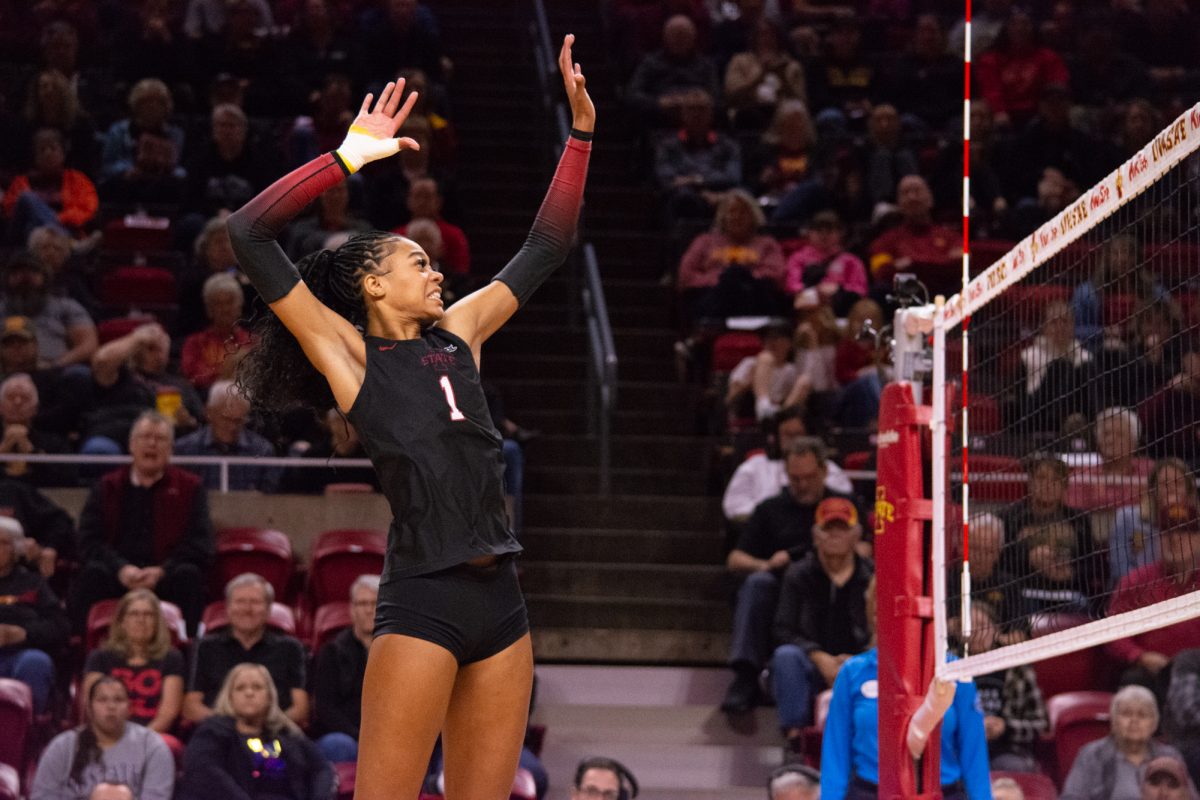LETTER: Popular vote not always the winner
March 3, 2004
In Tuesday’s (March 2) editorial, you comment there “are certainly valid concerns with the election of Bush in 2000, particularly because he did not win the popular vote.”
We all much prefer the winner of an election be the person with the most votes, but the rule of law in the U.S. calls for an electoral college, which makes it possible to win a presidential election with fewer popular votes than one’s opponent.
It has been thus for more than 200 years, during which time on occasion we have had some people become president who had fewer popular votes than their opponent (e.g., Hayes, Cleveland, and arguably even Kennedy).
The principal “valid concern” with the 2000 election, however, is not with our electoral college but with the vote count and recount mess in Florida. Clearly several counties in that state (and perhaps in other states as well) simply did a bad job of conducting their elections and of counting the votes.
Then the U.S. Supreme Court, by a single vote, decided to interfere with the constitutionally authorized primary role of the states in running their own elections, taking the matter from the hands of the Florida Supreme Court, which was actively trying to straighten out the mess.
In a democracy, the casting of one’s vote is the basic and — I would argue — the most fundamentally important component of the electoral process.
We all expect to win and to lose some elections, and we all knew that the 2000 election was so close that either candidate stood an equal chance of winning.ÿ
We should not focus our “concern” on who won, therefore, so much as on the failure to conduct the election properly and on the resulting failure for all time to know who actually won.ÿ
Chances are very good that the exit polls in Florida, which showed more Floridians thought that they had voted for Gore than Bush, may have been more accurate than the state’s official election machinery.ÿ
Now that’s what we should be most “concerned” about: Polling should never be more accurate than the election itself!
Jim Hutter
Associate Professor
Political Science





